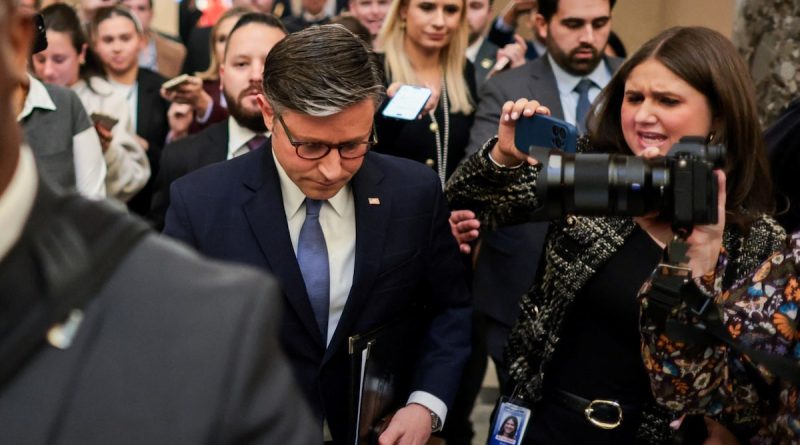US Congress Moves to Release Epstein Files as Bipartisan Pressure Builds
Washington – The U.S. Congress has approved a measure requiring the release of unclassified Justice Department records related to the late financier Jeffrey Epstein, marking one of the most unified votes on a politically charged issue in recent years.
Both chambers advanced the resolution with overwhelming support, reflecting sustained public and legislative pressure for more transparency surrounding Epstein’s activities and connections.
The bill follows months of debate, internal divisions, and shifting positions among lawmakers across the political spectrum.
Despite earlier resistance, the administration has now indicated that the president intends to sign the measure once it officially reaches the White House.
The decision comes after years of public scrutiny surrounding Epstein, whose death in federal custody in 2019 and long history of interactions with influential figures continue to generate questions.
Supporters of the bill argue that releasing the documents will help provide clarity, accountability, and closure to survivors who have long demanded transparency.
Before the vote in the House of Representatives, a group of survivors gathered outside the U.S. Capitol alongside bipartisan lawmakers to advocate for disclosure of the files.
Many held photographs from the time of their abuse, underscoring the personal significance of the legislation and the broader push for public access to the records.
When the House passed the resolution with near-unanimous approval, the survivors stood in the gallery to applaud lawmakers, many visibly emotional.
Their presence highlighted the ongoing impact of the case and the determination of those seeking answers regarding Epstein’s network and the handling of investigations into his conduct.
Despite shifting his stance, the president has continued to express frustration over the renewed attention on the case.
During a public appearance, he repeated that he had no involvement in Epstein’s crimes and dismissed questions about the matter as politically motivated.
The White House was reportedly surprised by the speed with which the measure moved through Congress, especially after anticipating more prolonged debate in the Senate.
Analysts say the rapid momentum reflects bipartisan alignment on releasing the files, driven in part by public expectations and voter sentiment.
Recent national polling has shown declining approval ratings for the administration’s handling of the issue, contributing to political urgency around the matter.
The longstanding association between the president and Epstein in past decades has also resurfaced in public discussions, although the president insists the relationship ended long before Epstein’s legal troubles escalated.
Lawmakers from both parties have described the release of records as essential for restoring trust and addressing lingering doubts about how the Epstein investigations were conducted.
Supporters argue that transparency is necessary not only for the survivors but also for ensuring confidence in the justice system.
Some members of Congress have pushed for even faster disclosure, emphasizing the need for full accountability.
One legislator leading the effort called for consequences if the files reveal any protection of individuals involved in criminal activity, stating that justice must apply equally regardless of status or wealth.
The issue has also caused friction within political circles, including disagreements involving prominent figures known for supporting strong oversight of federal agencies.
Some confirmed they faced pressure to shift their position on the resolution but chose to support it based on principles of transparency and accountability.
Survivors and advocates say the release of the files is only the first step in understanding the full scope of Epstein’s network and the actions of those who may have enabled or protected him.
They continue to call for thorough review and, where appropriate, further legal action.
Although Epstein’s death closed the criminal case against him personally, civil cases and related investigations remain active across multiple jurisdictions.
The newly mandated disclosure of records is expected to inform ongoing inquiries and potentially broaden public understanding of the events surrounding his activities.
As Congress moves the measure toward final approval, the case remains a prominent example of the challenges and debates surrounding high-profile investigations.
Lawmakers and advocates say the forthcoming release of records marks a significant moment in ongoing efforts to provide clarity, ensure accountability, and support survivors seeking answers.



